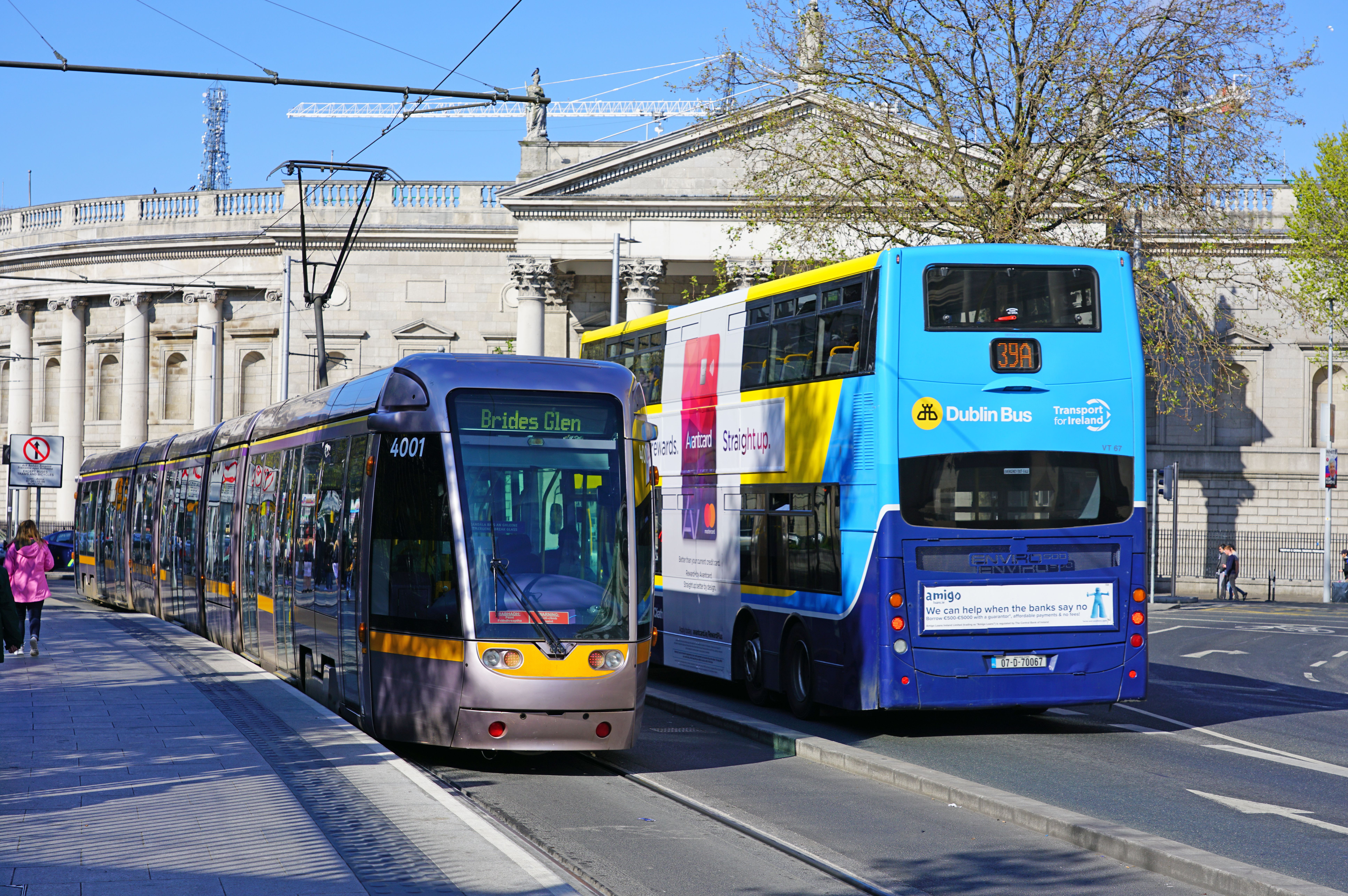
BusConnects and MetroLink: Why Ireland can’t afford to lose the public
Dublin is about to live through the most disruptive period of transport construction in its modern history. BusConnects will rip up roads, reallocate lanes, and redraw the bus map. MetroLink will tunnel through the city, reshaping how Dublin connects.
 Mobility and Infrastructure
Mobility and Infrastructure
Together, they are vital to tackling congestion, meeting climate goals, and dragging our capital’s transport network closer to international standards. But here’s the truth: the benefits are a decade away, and the disruption starts tomorrow. If government and the NTA do not win and keep public trust, these projects risk becoming political footballs, mired in delays, legal challenges and reputational damage. The engineering is tough, but the communications challenge is tougher still.
Why these projects are politically fragile
We know the prize: faster buses, cleaner air, safer cycling, reliable mass transit. But the politics are fraught. For BusConnects, the flashpoints are local: trees felled, gardens acquired, small businesses losing footfall, lanes narrowed. Each corridor can trigger years of objections.
For MetroLink, the sheer scale of tunnelling through residential Dublin creates fear, about noise, property values, and whether the project will ever be finished on time or on budget. Opponents are organised, vocal and persistent. Supporters are diffuse and often silent. That imbalance is dangerous. It is not enough to be right on the policy. You have to be convincing in the politics.
What Government must do differently
To date, the NTA has relied heavily on consultation and technical documents. That is not public engagement. If Ireland wants these projects to survive the political storm, three things are non-negotiable:
1. Stop sugar-coating. Communities can smell spin. If a garden will be acquired or a street dug up for two years, say it clearly and early. Trust is lost by understatement, not overstatement.
2. Move from consultation to co-creation. Public meetings that present finished designs fuel anger. Local forums that shape mitigation, from noise management to temporary traffic diversions, build ownership.
3. Put fairness at the centre. A café that loses business during construction, or a resident who lives beside a tunnel shaft, is carrying a disproportionate burden. Compensation and support must be visible, generous and easy to access.
Transparency and fairness buy more political capital than glossy brochures ever will.
Why business voices matter
These are state-led projects, but the private sector has skin in the game. Employers, developers and retailers depend on reliable transport. Delays and reputational damage will directly hit economic confidence and planning certainty.
Too often, business keeps its head down, assuming transport is “someone else’s problem.” That is a mistake. If the only voices government hears are opponents, the politics tilt against delivery.
Chambers of commerce, major employers, and property developers should be far more visible in backing these projects, and pressing for smart mitigation so disruption does not cripple local economies.
Avoiding the Irish curse: Pilotitis and paralysis
Ireland has a track record of announcing visionary infrastructure, then allowing opposition and delay to hollow it out. If BusConnects and MetroLink fall into that trap, the damage will go beyond transport. The real risk is not just missed climate targets, but missed credibility. If the public concludes that megaprojects are unmanageable, political appetite for future investment will collapse.
Keeping the public onside
So how do you persuade Dubliners to accept years of pain for a decade-away gain? Radical transparency: publish real-time dashboards on progress, costs and delays. Own the narrative, don’t let critics define it.
Visible interim wins: temporary cycle lanes, improved bus stops, new trees planted before old ones are removed, people need to see improvement along the way. Celebrate milestones loudly: tunnel boring machines launched, first new bus fleet rolled out, first rapid corridors opened. Every step must feel like progress. People will accept disruption if they believe in the destination and feel respected along the way.
The communications test
These projects will define how Dublin moves for the next 100 years. But they may also define whether Ireland is capable of delivering megaprojects in a democracy that is noisy, contested and impatient.
Ireland doesn’t have a transport engineering problem; it has a transport communications problem. The communications test is simple: can you keep the public with you long enough to deliver?
That requires honesty, fairness, and constant engagement, not just through the wrong planning and consultation process, but every month until the ribbon is cut.
By Moray Macdonald, CEO
Moray Macdonald has worked on transport communication issues for the last twenty years, from winning major procurement contracts for ferries, trains and coastguard helicopters through to bike share schemes. He’s also Chair of Walk Wheel Cycle Trust, a charity in the UK and Ireland, and sits on the Board of Strathclyde Partnership for Transport.
At Fenton Fitzwilliam, we specialise in navigating contested infrastructure. We know that engineering gets projects designed, but public affairs gets them delivered. From climate policy to transport megaprojects, we help clients understand the politics, shape the narrative, and build the coalitions needed to keep ambition alive.
